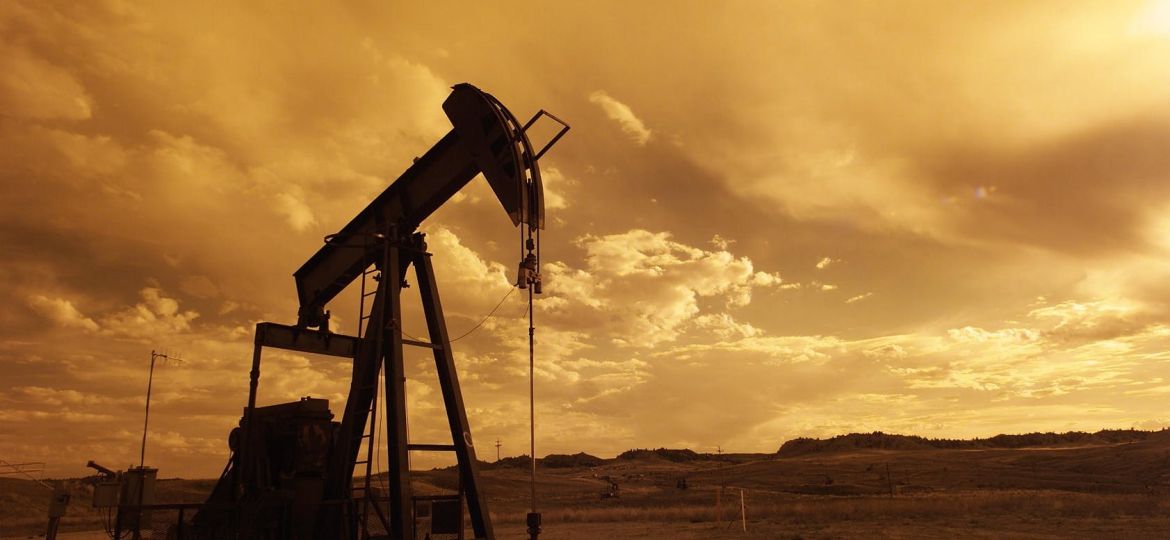
Innovations in Well Services: Efficiency and Safety Enhancements
Well services are an integral part of oil field operations and have evolved to meet the continuously changing requirements of the industry, improving operational efficiency while addressing safety concerns. The industry is constantly changing and reinventing itself due to advancements in technology and the unceasing need for better efficiency and safety. In recent years, these well services have greatly innovated to increase operational efficiency in dealing with the extremely high pressures and temperatures involved, ensuring safety not just in operations but also for the environment and workers in the industry. This essay delves into the cutting-edge technological innovations in well services and their impact on the industry.
The utilisation of the most recent technology has been integrated into the current well services to enhance efficiency. Automation in drilling equipment is a significant contribution to this field, as it enhances precision and reduces human error during drilling operations. AI and machine learning algorithms are incorporated into well service automation to facilitate predictive maintenance, thereby reducing the failure rate, preventing outage, and reducing costs.
The emergence of novel hydraulic fracturing techniques is yet another innovation that benefits from credit. In comparison to conventional fracturing, these methods consume a reduced quantity of water and chemicals, rendering the activity more environmentally favourable and cost-effective. The utilisation of biodegradable fluids is also a significant advancement in the reduction of the environmental impact of well operations.
The oil and gas industry has redirected its attention to establishing and maintaining the highest safety standards in response to the high-risk environment of an oil field. The direct benefits of well service innovations include enhancing safety standards through advanced monitoring systems and safer operational practices. One such practice for high-risk well sites is the use of remote monitoring technologies for unattended well operations.
..In addition, the potential for blowouts, which are among the most hazardous incidents in oil field operations, would be diminished by the use of more robust well casing materials. These can withstand even higher pressures of fluids and materials that cause corrosion, thereby providing an additional layer of safety.
The oil and gas industry’s future of well services will continue to be more promising as research continues to concentrate on the development of more sustainable and effective technologies. These include the enhancement of hydrocarbon recovery and the reduction of the carbon footprint of well operations through the sequestration of CO2 and other forms of CCS.
The industry is currently in the process of maximising production while simultaneously striving to increase environmental sustainability. Consequently, the necessity for innovative technologies in well services has become critical. The industry’s dedication to responsible energy production would be reflected in the adoption of these technologies, which would not only benefit its economic objectives but also global environmental standards.
The oil and gas industry is being propelled towards a future of operations that are more efficient, environmentally sustainable, and safer as a result of advancements in well services. It is inevitable that these technologies will establish new operational benchmarks and elevate the industry’s international standards as they are developed further.

